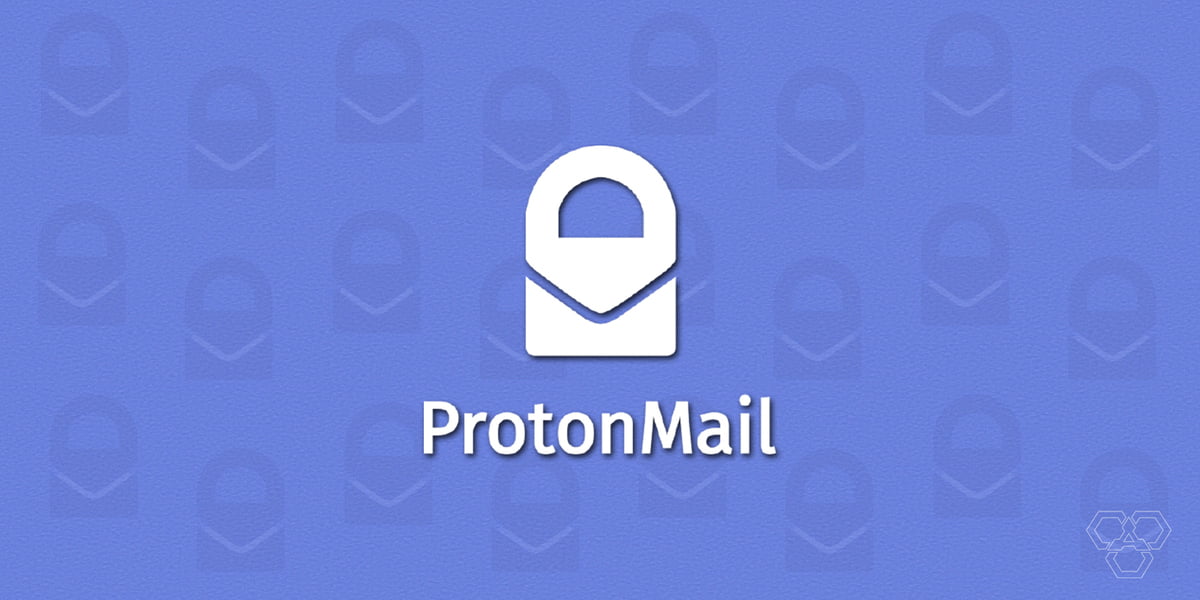A grossly shocking report published by Vice’s online magazine, Motherboard, reveals that the US military has constantly been keeping an eye on the user’s location data by buying it from several companies, most of which are Muslim apps.
The apps that have mainly been employed for achieving this surveillance purpose are Muslim-oriented. One of these apps is Muslim Pro, which is designed to facilitate Muslims in religious chores, including the app that helps determine their prayer’s timing and Qibla direction — a religiously pivotal point to which direction all Muslims are used to offer their prayers.
Besides this, there are also apps, including a Muslim dating app, a popular Craigslist app, and an app for monitoring storms, to discuss a few.
To make it an even more covert operation, this security enigma is also kept secret from the app developers, and certainly so does for the app users.
How the US military obtains location data?
After thoroughly conducted interviews with technical analysts, discussing with developers, and digging through the public records, Motherboard researchers bring out two separate, parallel data streaming units that the US military utilizes to obtain location data.
After tracing its footprints, one data stream uncovered the company called Babel Street, which has a Geo-enabled product called Locate X. A branch of the US military tasked with counterterrorism, counterinsurgency, and special reconnaissance, the US Special Operations Command (USSOCOM) purchased the access to Locate X data which subsequently helps them to assist on overseas special forces operations.
Another source is via a company named X-Mode, which gathers location data from apps, then sells the data to contractors and, by extension, to the army. In an interview with CNN in April, X-Mode CEO Joshua Anton said that the company monitors 25 million devices in the United States every month and 40 million in other countries, including the European Union, Latin America, and the Asia-Pacific region.
When Motherboard reached out to Navy Commander Tim Hawkins, he confirmed it and referred it to the protection of the citizens.
“Our access to the software is used to support Special Operations Forces mission requirements overseas, [….] We strictly adhere to established procedures and policies for protecting the privacy, civil liberties, constitutional and legal rights of American citizens.”
US representative for Minnesota Ilhan Abdullahi Omar touted it “absolutely sickening” and indicated the cozy relationship between the military-industrial complex and the surveillance state. Ilhan Omar was one of the first two Muslim women elected to Congress, and she was the first to wear a hijab.
The military industrial complex and the surveillance state have always had a cozy relationship with tech. Buying bulk data in order to profile Muslims is par for the course for them – and is absolutely sickening. It should be illegal! https://t.co/kNqQXP9lCF
— Ilhan Omar (@IlhanMN) November 16, 2020
Muslim Pro’s response
The Motherboard report caused quite a stir amongst the users, and since then, all ears were on the administration of these accused apps.
This unrest leads the Muslim Pro app to respond to this reported location data scam.
Muslim Pro made an official statement and referred to the media report as “incorrect and untrue” however, the app has decided to end its ties with the X-Mode. This company was reportedly selling data to the US military.
“Media reports are circulating that Muslim Pro has been selling personal data of its users to the US Military. This is INCORRECT and UNTRUE. Muslim Pro is committed to protecting and securing our users’ privacy. This is a matter we take very seriously.”
Despite the fact, the Muslim Pro app discarded the report’s content and called it incorrect. Still, meanwhile, the app has decided to put an end to “all its data partners,” This will also result in the form of termination of four weeks spanning the relationship of Muslim Pro with X-Mode company. The X-Mode, along with Locate X — a product by Babel Street — was specifically quoted in the Motherboard report for exchanging location data with the US military.
In a bid to ensure and relegate the company’s commitment to privacy, Muslim Pro said in its statement that the app never asks for login or sign up for accessing any feature. It could well mean that the company does not intend to witch-hunting data or to play any role in serving the US military agenda.
Muslim Pro also launched an internal investigation that will probe into Motherboard’s report’s content accusing mishandling of the location data. The company will also revisit its data governance policy to make sure of the removal of discrepancies if found any. Moreover, the company made a formal apology and assured the users that their data is secure with Muslim Pro.
“We are committed to helping the Muslim community practice their faith. Our comprehensive Islamic mobile application reaches almost 100 million users across more than 216 countries worldwide. We apologize to all our users for the concern that these reports have caused them, and we can confirm that your data is secure with us.
We value the importance of practicing one’s faith as well as our users’ privacy and will do everything we can to ensure we deliver on this promise.”
The Military-Technology Nexus
In February 2019, Google also built a controversial AI for the Pentagon after hiring gig workers. The project was aimed to help train AI to differentiate objects and people using thousands of hours of drone footage, and the workers were asked to do the initial image data labeling, identifying parts of an image, for example, to provide data to Google’s AI so it could learn to identify buildings, trees, etc. It was not the first time Google collaborated with the US military to provide assistance in warfare technologies. In 2018, thousands of Google employees, including the senior engineers, had signed a letter protesting the company’s involvement in a Pentagon program that uses artificial intelligence to interpret video images. This could be used to improve the targeting of drone strikes and ultimately dragging Google — an impartial technology company — into bloodshed caused by some political rivalries.
Similarly, in November 2018, Microsoft gets an army contract to equip troops with Hololens. The company signed a $480 million military contract with the US government to bring Augmented Reality technology to soldiers.
The nexus of technology companies and the military is nothing less than a privacy nightmare for the users. It seems that the tech giants may lose the trust of their users sooner or later.
It reminds us of the response made by Steve Jobs from the D8 Conference in 2010 when he was asked, “Is Silicon Valley different when it comes to privacy?”
“No, we take privacy really seriously. Take location on phones — we take this really seriously. Before any app can get location data, they can’t just put up a panel asking if it can use location — they call OUR panel, and it asks you if it’s okay. That’s one of the reasons we have the curated App Store. A lot of the people in the Valley think we’re old-fashioned about this. But we take it seriously.” Steve replied.
The Motherboard report not only has raised many serious questions about the authenticity of the smartphone ecosystem and the integrity of play stores but also badly damaged the face of modern democracy where the location data of users and potential voters is manipulated under the cloak of citizen protection. As in this data exchange imbroglio, the privately-owned app companies and state military joined hands to preserve national interests; there also exist some state scandals in the past that raised the eyebrows of many legislative agencies.
To understand how much the user’s data can be instrumental in affecting the world order, both the US 2016 presidential election and Brexit campaign strategy by Conservative Party in the UK can be seen as case studies.




Share Your Thoughts